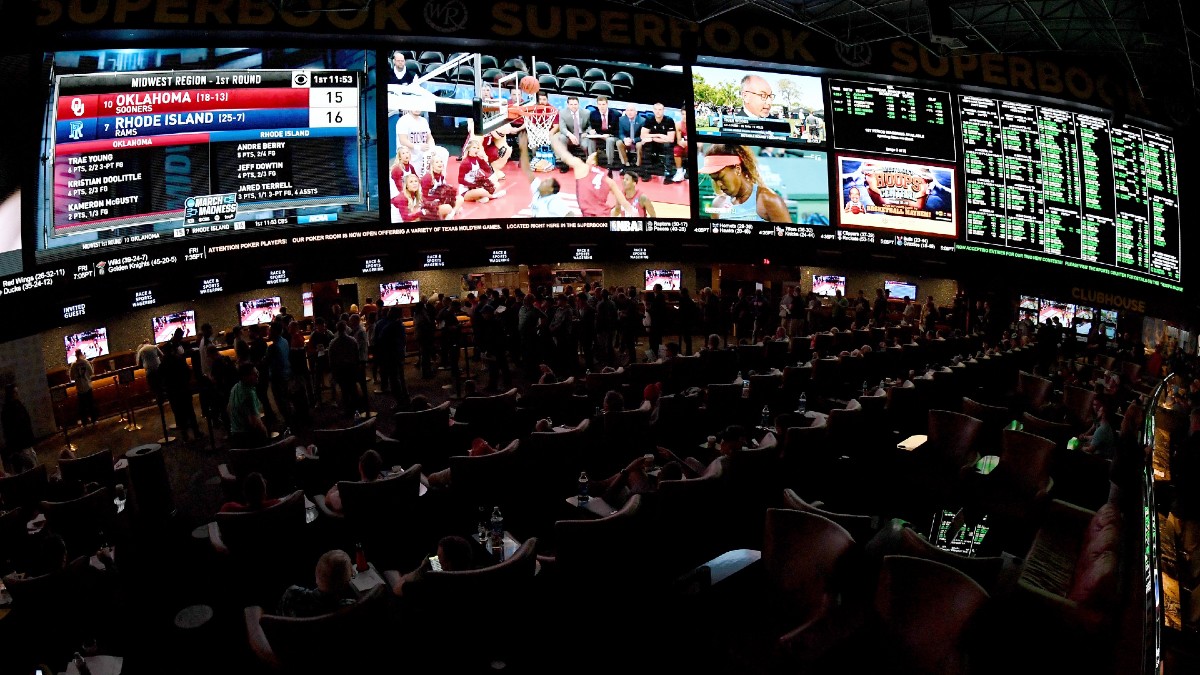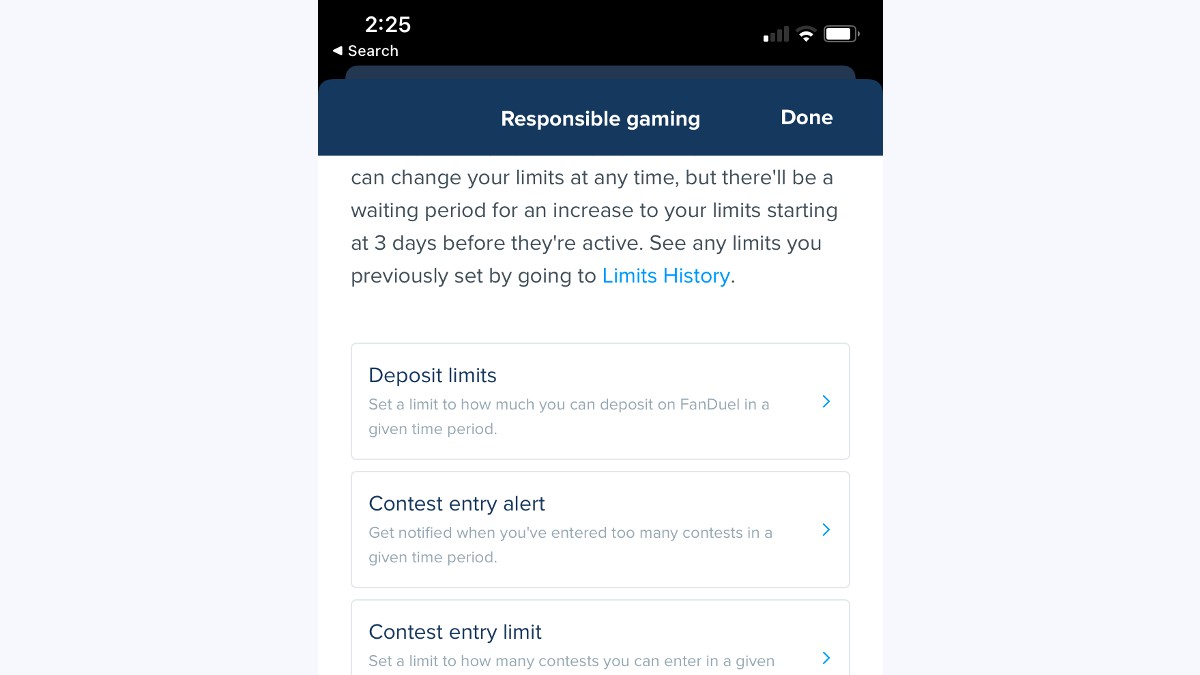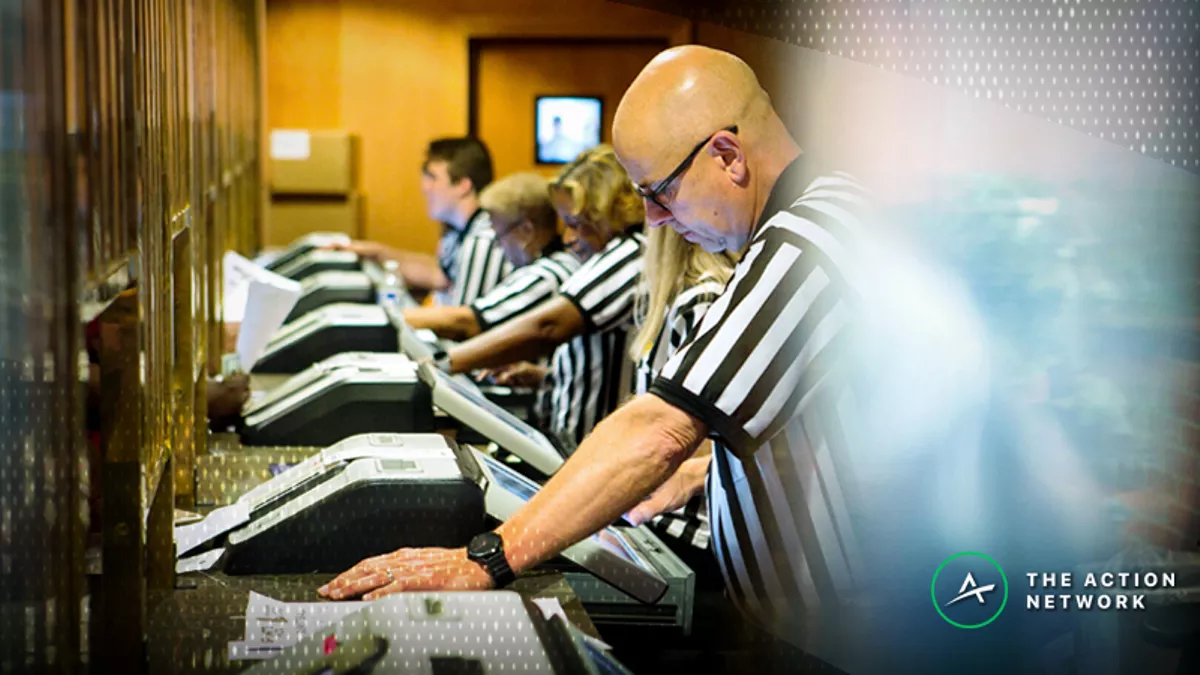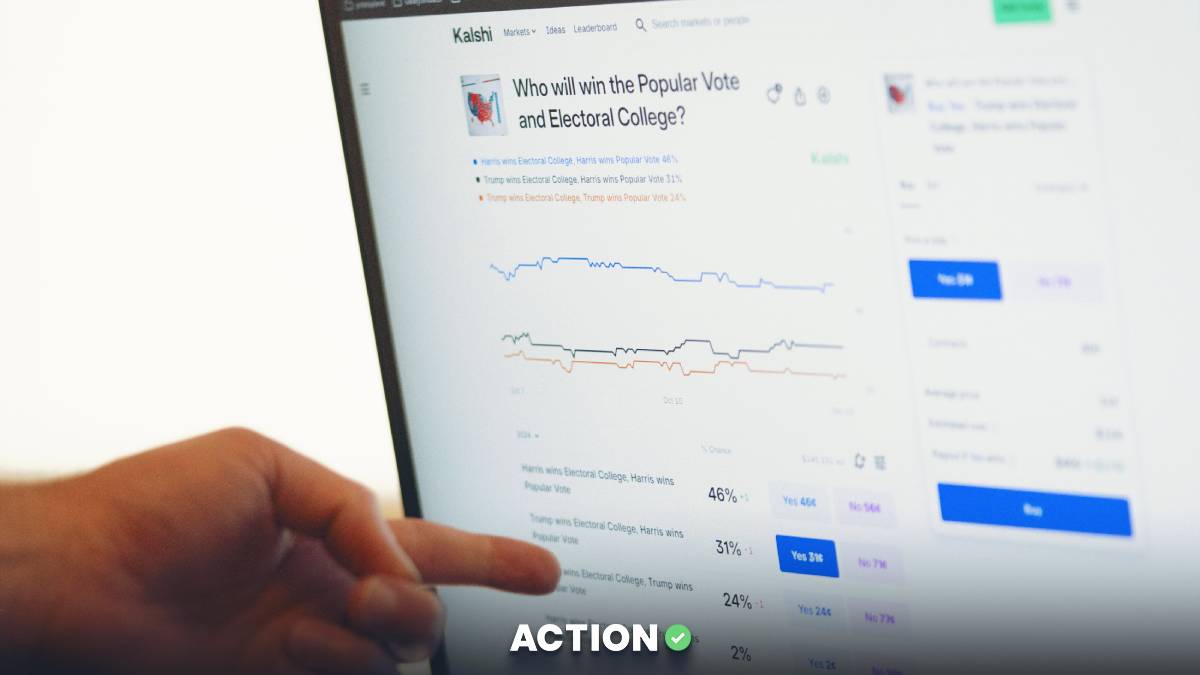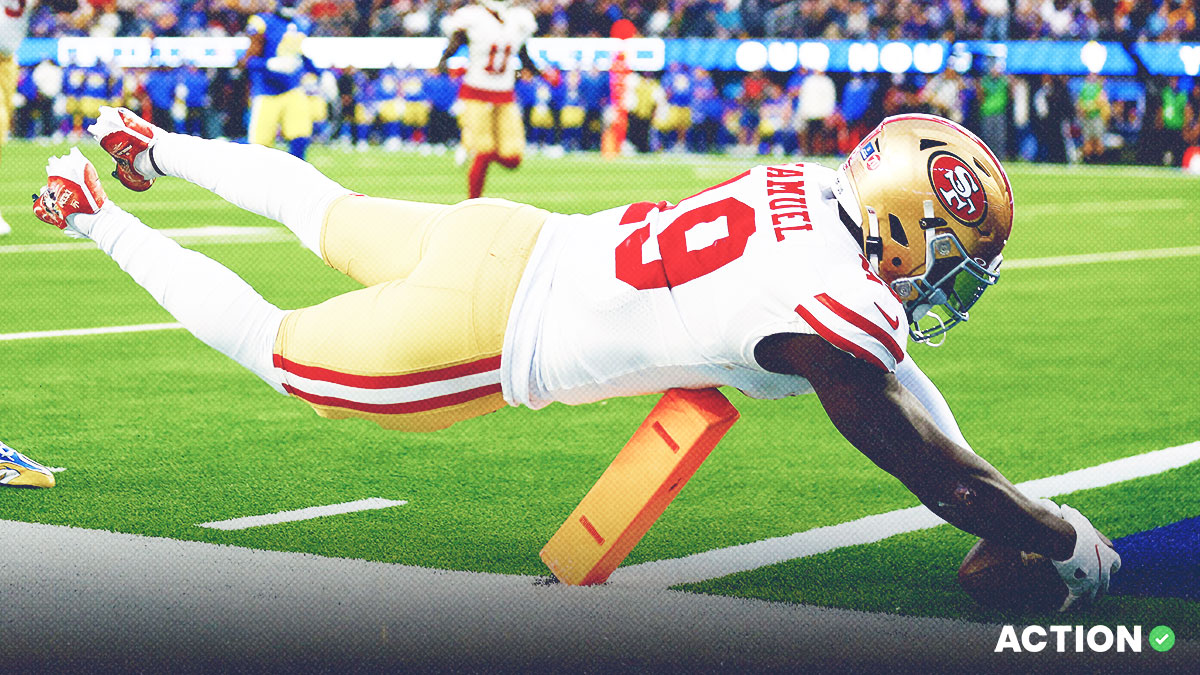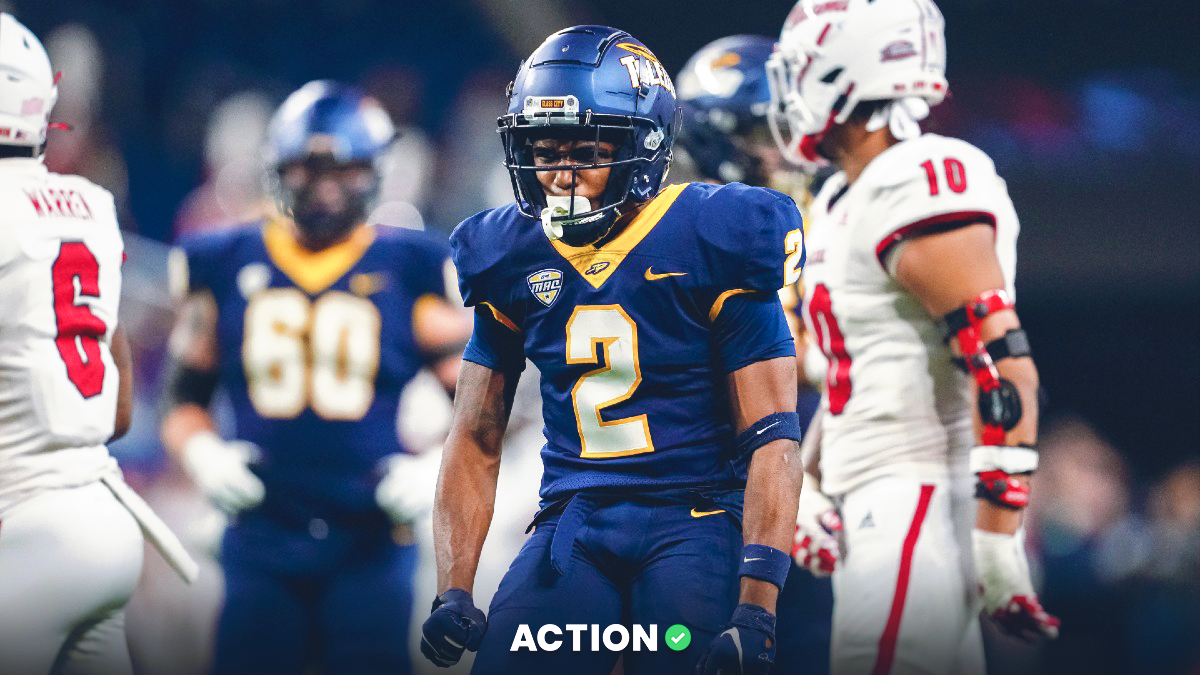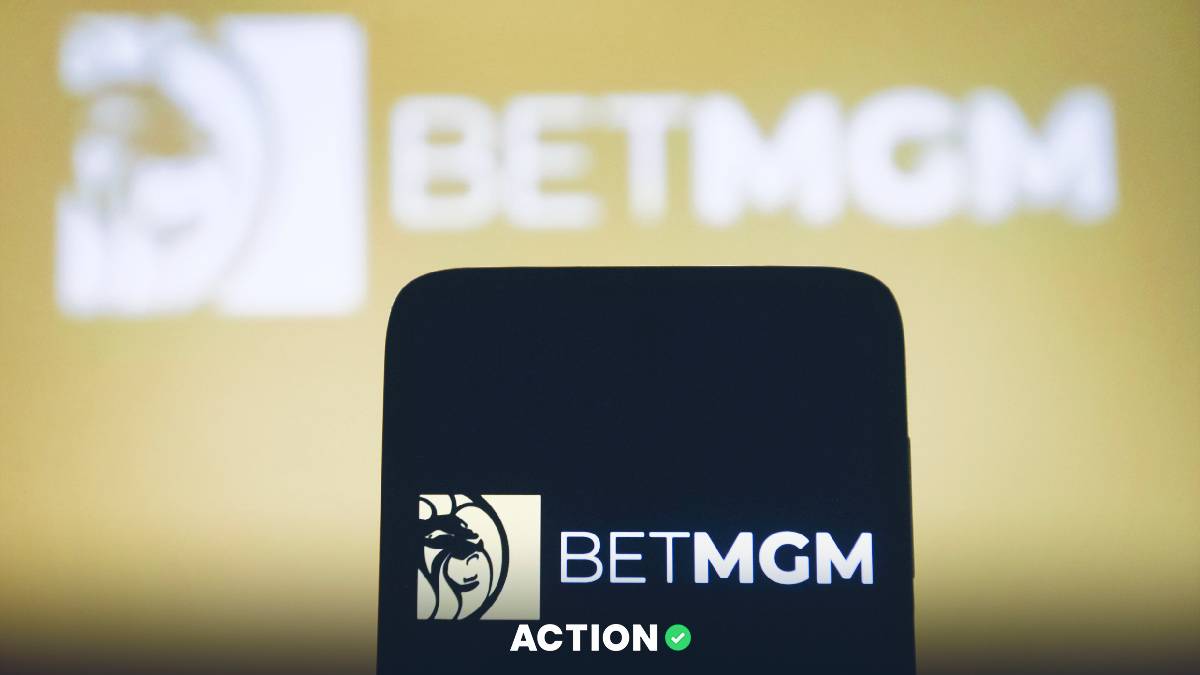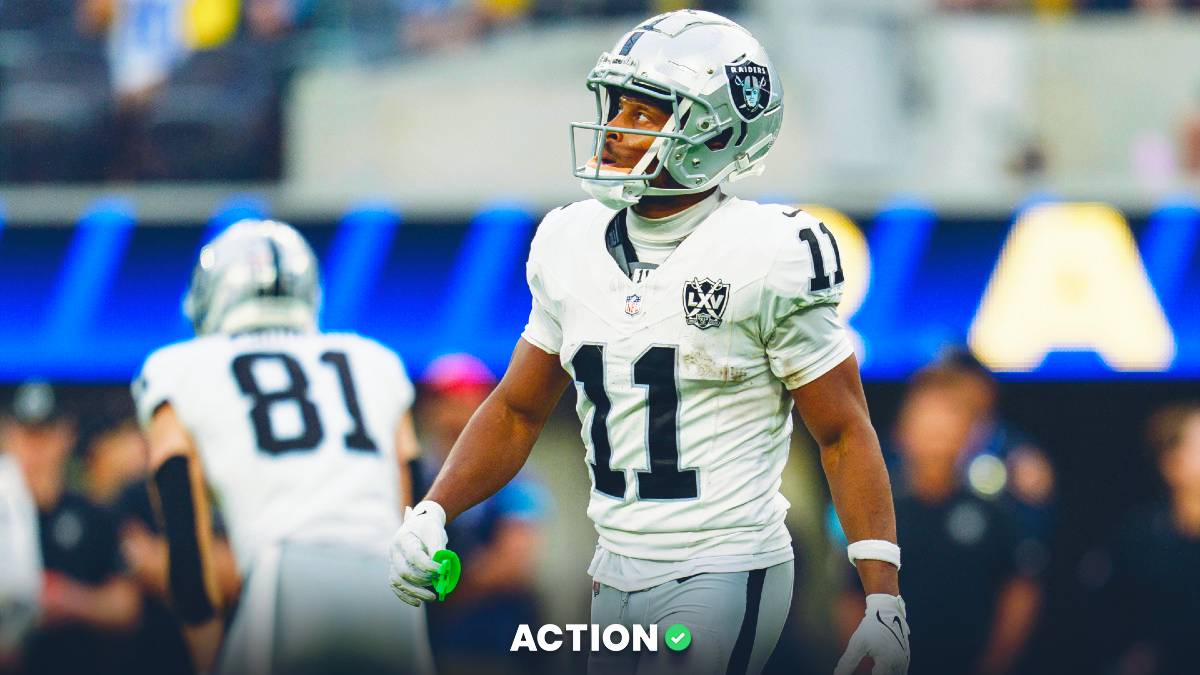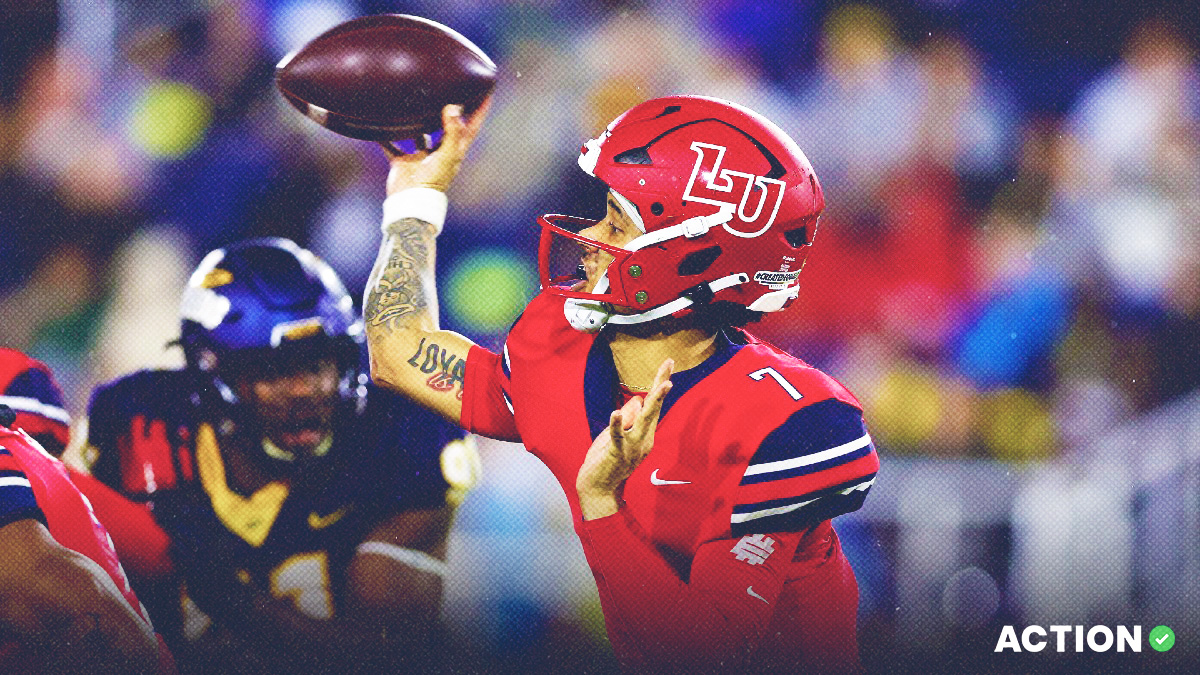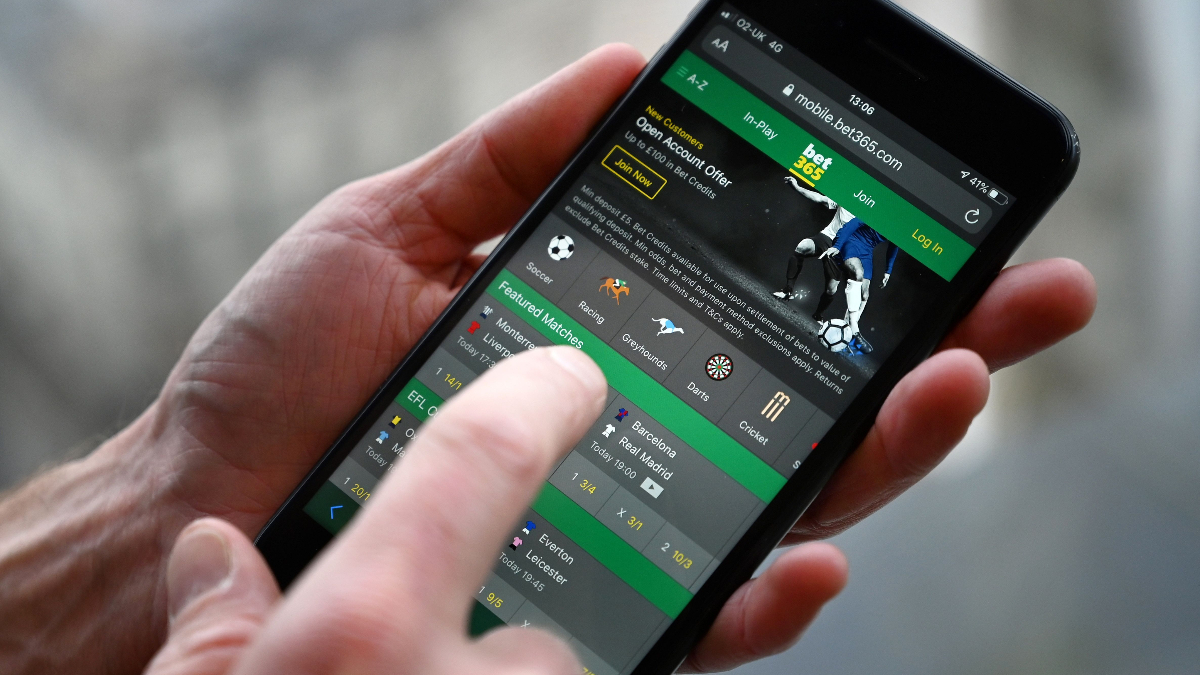Long-term winning in sports betting is hard enough, but there's another tactic sportsbooks have that makes it even harder for skilled sports bettors to beat the books: limits.
While it's true that a majority of sports bettors will lose money over the long run thanks to a number of factors such as the vigorish or vig (aka juice), a tendency to make negative-expected value wagers and lack of discipline, limits provide an extra hurdle for those who have the skill, strategy and capability to overcome all of the former obstacles.
The term "limit" is self-explanatory by name. Sportsbooks are not required to offer the same product or access to wagering to all customers. Rather, they can limit the ability of perceived winning bettors to place wagers.
Remember, the entire goal of sportsbooks is to derive value out of the customer, and that goal is almost exclusively achieved through bettors losing on their platform.
That means a winning bettor is not the type of customer sportsbooks want. These sportsbooks have a couple of different avenues for limiting winning customers, and understanding these limit types can help you avoid being limited in a certain way or for a longer period of time.
Different Types of Sportsbook Limits
Complete Ban
This type of limit means that a sportsbook has decided it wants absolutely nothing to do with a certain customer.
For whatever reason it may be, the company sees no value in allowing you to place any type of wager with it. Generally, smaller sportsbooks will be more likely to impart this type of limit.
Partial Ban
In principle, the same reason a complete ban is doled out is the same reason a partial ban is. A sportsbook has decided that it is only willing to take some wagers from a customer at a reduced amount to what they may have been able to get down before.
At times, this can allow the sportsbooks to gain information provided by a sharper bettor, or the sportsbook has simply estimated its risk tolerance.
FanDuel typically has for a less harsh ban of this nature, while DraftKings is known to limit winning bettors extremely heavily.
Live Betting Lag
Many successful sports bettors have found ways to originate in the live betting market, but if sportsbooks can identify how a bettor is creating their edge, this is a common tactic.
Placing a live betting lag on your account means live wagers will not instantly be placed. They must go through a certain amount of time before processing, rendering wagers that could be related to arbitrage or other tactics can become useless.
Can Limits Be Raised?
Like a sportsbook evaluating someone as a sharp bettor, it can also deem someone a losing bettor, and at times, limits will be raised for that type of bettor.
Sportsbooks rely on losing bettors, and they can at times be predatory in capitalizing on them — particularly problem gamblers — sparking discussions about the practice. For now, it's completely legal and frequently done by sportsbooks.
Are Limits Fair?
In the sports betting community, the question of limits is always a hotly contested one. There's no legal obligation for sportsbooks to offer customers the same ability to place wagers, but it can seem like an unfair concept.
However, many also acknowledge that without the concept of limits, many markets that have been beaten by these sharp bettors would not have been available in the first place.
If limits didn't exist, a significant portion of markets, such as derivatives (first-half spread, first-period total, etc.), would not be available due to the risk afforded to sportsbooks by offering everyone a certain amount. Or, everyone would just have a very small equal limit.
Nonetheless, this is a factor that introduces some nuance into the limits discussion. At any rate, the bills need to be paid, and this is a way that online gambling sites do it. C'est la vie.

